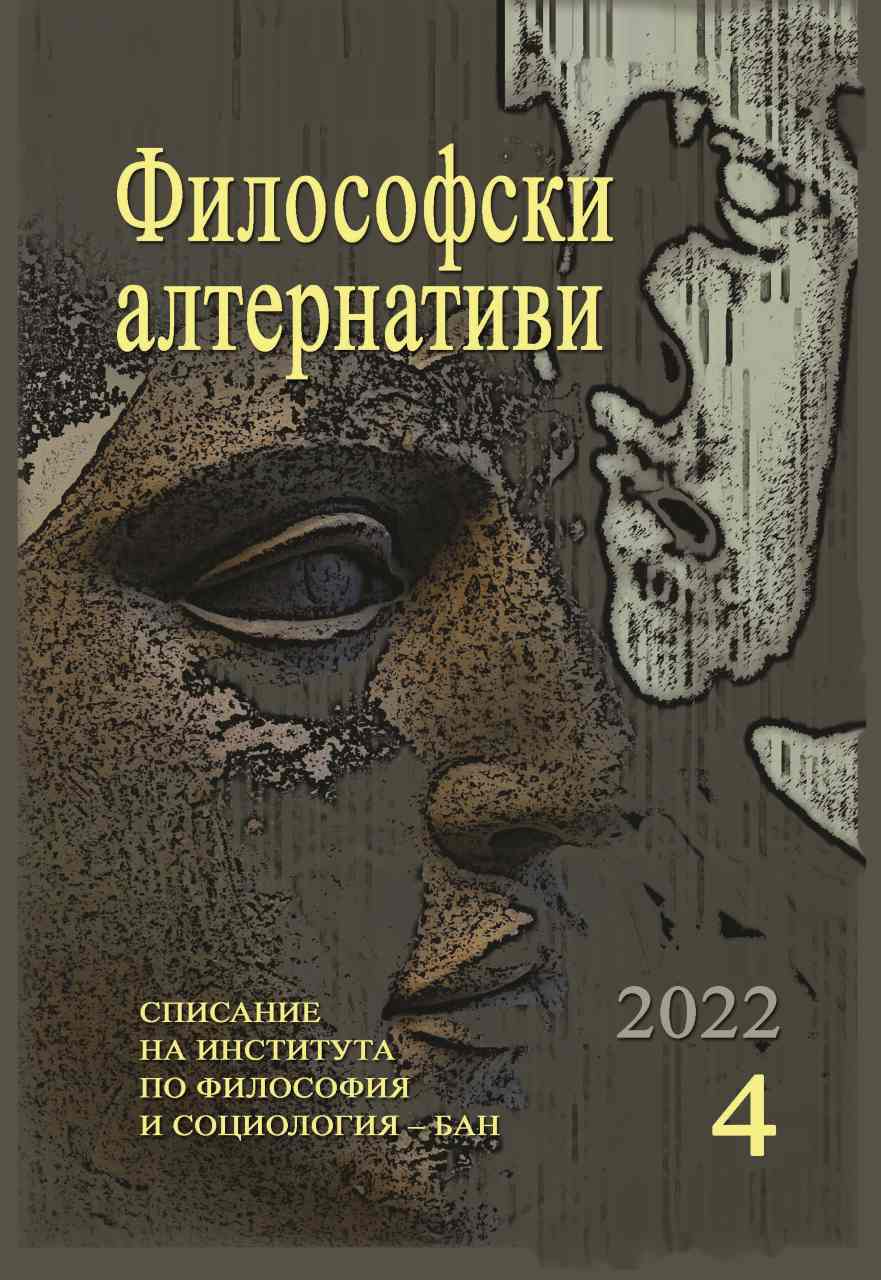Дематериализация и атектонизация на архитектурата в контекста на информационния век
Dematerialization and Atectonizing of Architecture in the Context of the Information Age
Author(s): Polina KyossevaSubject(s): History, Philosophy, Fine Arts / Performing Arts, Cultural history, Architecture, Visual Arts, Epistemology, Aesthetics, History of Art
Published by: Институт по философия и социология при БАН
Keywords: architecture; Information Age; dematerialization; knowledge; media; 3D mapping; abstract; empirical; image; structure; function; disintegration; ritual; Middle Ages; Baroque; Modernism; glass farm
Summary/Abstract: In the Information Age abstract knowledge received through media dominates over empirical knowledge derived through experience. This leads to a process of disintegration between man’s mental world and his physical environment. As architecture reflects human’s concept of the world through the current cultural paradigm, an architectural tendency towards disintegration between its ideal and its material aspects is observed today. The first part of the article examines how architectural image today tends to follow neither function, nor structure, but goes independent from them. Examples of this tendency are presented and analyzed. The term “architectural dematerialization” is classified into three types. In the second part an explanation of this tendency is proposed, together with short historical parallels from the Middle Ages to the age of Modernism. The importance of the ritual for the integration between abstract ideas and sensory experience is clarified, as well as its impact on architecture. A comparison is made between the architecture of Baroque and Modernism as a reflection of mental-sensory integrity and the world concept of these two epochs.
Journal: Философски алтернативи
- Issue Year: XXXI/2022
- Issue No: 4
- Page Range: 37-50
- Page Count: 14
- Language: Bulgarian
- Content File-PDF

